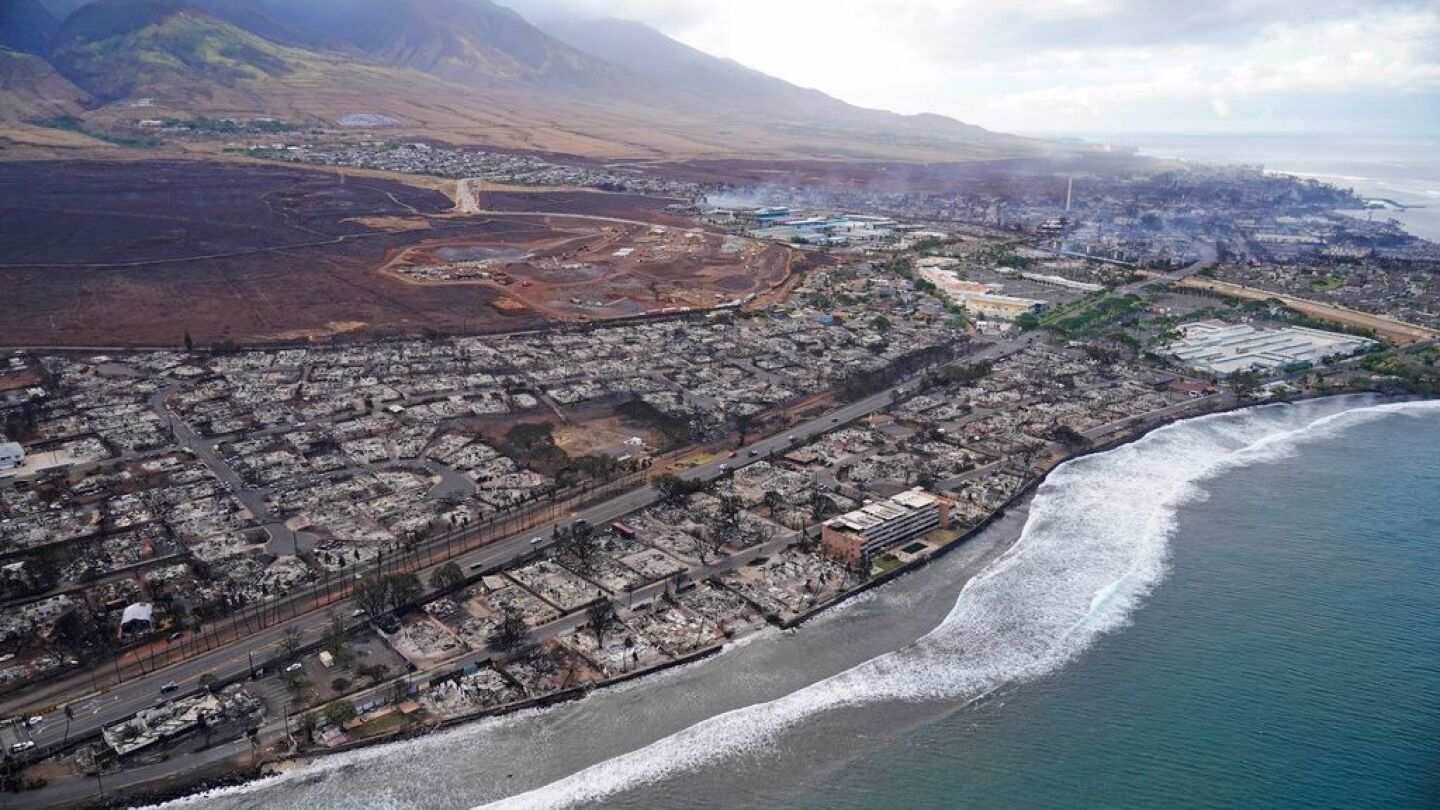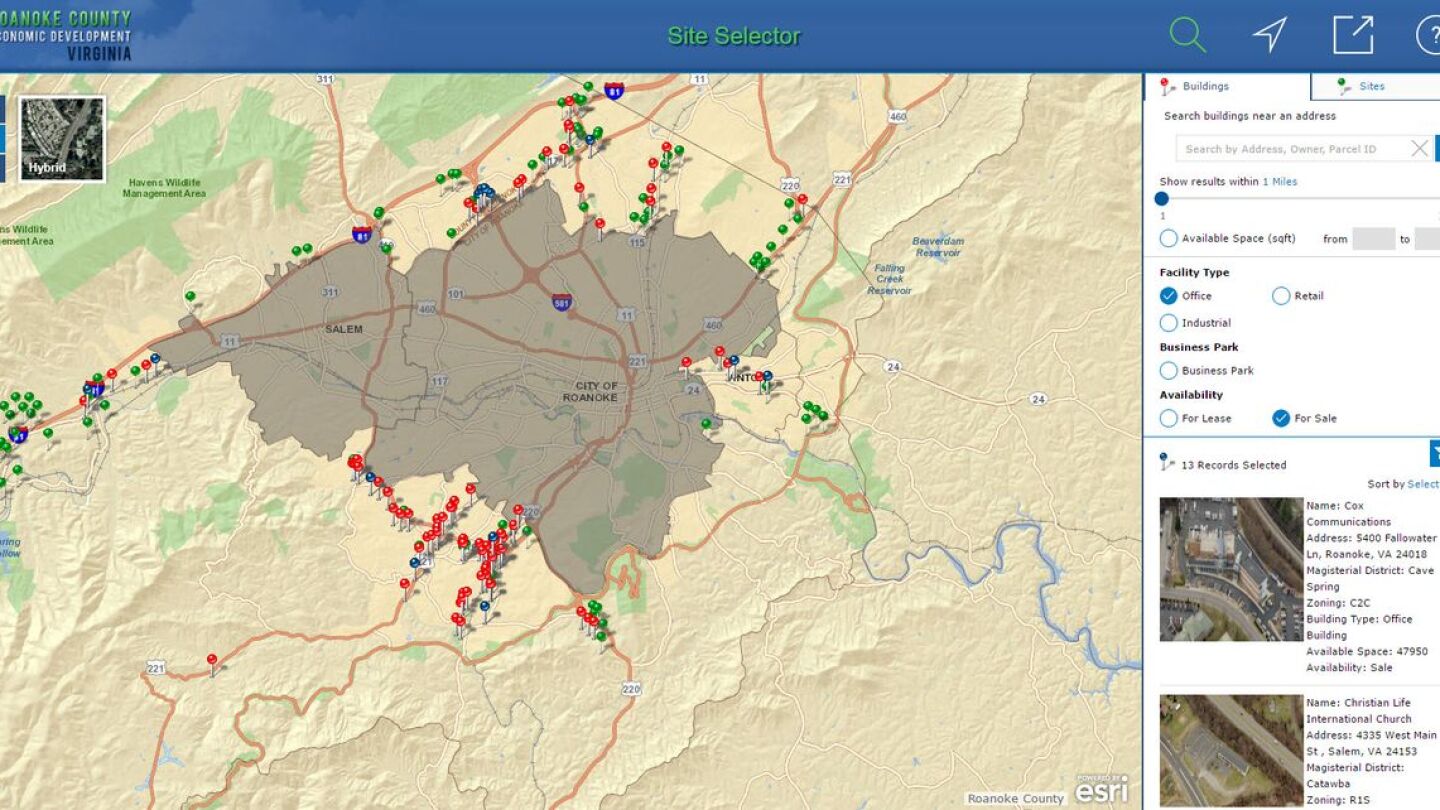Emergency Management
Emergency Management is a critical function of local and state government agencies, involving the planning, coordinating, and executing responses to natural disasters, public health crises, and other emergencies. Effective emergency management ensures that communities are prepared, resilient, and able to recover quickly from unexpected events. This directory provides articles on emergency management and related topics like Public Safety, which explores broader strategies for protecting communities and ensuring their well-being during crises.
Maui County officials sent alerts to cellphones, television and radio stations, but it is unclear if it was before widespread power, cellular outages
75% of respondents said the high-stress nature of the job was the major factor in staffing shortages
First responders in Cuyahoga County held an NDMS exercise using a plane full of patients
The ArcGIS licenses enable volunteers to support local organizations, disaster response efforts and missions like urban economic development.
Cities helped keep homeless people and others safe during the extreme cold over New Year’s 2018 by opening City Hall and other government buildings.
Get first responder training and media relations advice for mass casualty events in lessons from Sandy Hook and other MCIs.
In the greater Houston area, more than 120 public agencies use Nextdoor, and Hurricane Harvey proved they all use social media for emergencies. Here’s why.
A fire department partnership in Utah seeks to make naloxone kits as standard to safety as fire extinguishers.
The EMR program is a 60-hour certification course followed by a national certification test and 30 hours of ambulance experience.
Swift moving wildfire has shutdown LA’s 5 Freeway in the Santa Clarita area.
More than 27,000 people have been evacuated, according to Ventura County Fire.
At WVU, public safety and forensics address challenges U.S. crime labs and public operations confront in the range of synthetic opioid chemicals in drugs.
Think you know the truth behind emergency planning and disaster preparation? These seven myths prove that prepping for the future isn’t easy.
The city of Fort Collins, Colorado, competed and won a prestigious Department of Commerce Baldridge Performance Excellence award, here’s why.
These tips can help people shelter in place and assess their health in dangerous heat
Big box stores offer communities grants for public safety, community engagement and resilience. Learn more and know when to apply
For cities that want to support granny apartments to address housing needs -- its tough -- but not impossible to revise local ordinances.
After the Northern California Wildfires, Sonoma County and local officials grapple with wildfire housing strategies.
In areas where major snowfall occurs, local governments have expanded their winter budgets to provide more plows and preventative maintenance to residents.
MOST POPULAR
- Researchers: Pandemic has fueled hundreds of attacks on healthcare workers globally
- Calif. city plans to run non-police mental health response program through fire department
- Ohio study: Most favor police responding to fewer non-violent emergencies
- ‘Going to collapse': Kansas City moves ahead to rebuild Barney Allis Plaza, garage
- Pittsburgh launches opioid overdose dashboard





















